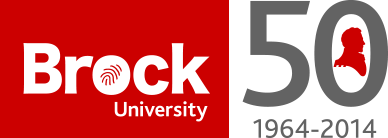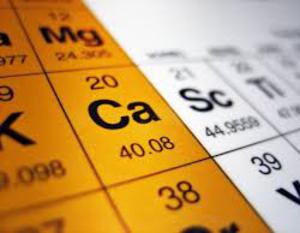Pilkington Group
Professor Melanie Pilkington (FRSC)
Former Tier (II) Canada Research Chair
Department of Chemistry, Brock University
CHEM 1P00 - Introductory Chemistry
Fundamental principles of chemistry. Topics include atomic structure and the periodic table, names and formulas of chemical compounds, principles of chemical bonding, types of chemical reactions, and basic chemical calculations. Tutorials emphasize the development and practice of problem solving skills.
Course Textbook: Basic Chemistry, Zumdahl, Decoste.
Lecture notes/course information - will be posted on Sakai when classes start.
CHEM 2P32 - Principles of Inorganic Chemistry
Basic principles of coordination chemistry. Chemistry and reactions in aqueous solutions; structure and bonding in simple compounds. Introduction to bioinorganic chemistry highlighting the overlap between inorganic chemistry and biology. Survey of the periodic table stressing periodicity of chemical behaviour.
Prerequisite - CHEM 1F92
Lectures - 3 hrs per week.
Course Preparation - Review first year notes on drawing Lewis Structures, Molecular Shape and VSEPR theory.
Course Textbook: Descriptive Inorganic, Coordination and Solid State Chemistry, Glen E. Rodgers.
Lecture notes and Course information - will be posted on Sakai when classes start.
Assignments - 10 Assignments due after class. (Day to be determined)
Laboratory work - in order to pass the course six labs are required to be completed. For questions relating to the labs please contact the senior demonstrator Roger McLaughlin (rmclaughlin@brocku.ca). All lab information will be posted on Sakai.
Penalty of late labs and assignments - It is Chemistry Department policy that a lab turned in late is penalized 10% for each day that it is late, with no credit given after 5 days. Note, however, that all six labs must be completed and reports turned in in order to pass the course, so that handing them in late is much better than not turning them in at all.
Missed labs or tests - If you miss a lab because of illness, please submit a medical certificate to the course instructor or to the senior demonstrator. You will either be excused from that piece of work or required to make it up at a mutually convenient time to be scheduled. You may also request to be excused from a lab for certain reasons other than illness, such as a death in the immediate family. Missed assignments cannot be made up. If you miss a scheduled exam, you will need to provide a medical certificate or other valid reason (including documentation) for not writing the exam and a makeup exam will be set. Students who do not have valid reasons for missing an exam will be given a zero on the exam. Final examinations are administered by the Registrar's Office and exam regulations are available elsewhere. Note that it is your responsibility to carefully read the exam timetable and to be in the right place at the right time for examinations.
CHEM 2P98 and 3P98 - Undergraduate Research Project
Undergraduate research project carried out either in the department under the supervision of a faculty member or as an employee in a chemical industry or other suitable laboratory.
If you are interested to register for this course please contact me.
CHEM 4F90 and 4F91 - 4th Year Honours UG Research Project
If you are interested to join the Pilkington group for your 4th year Honours thesis then please come and introduce yourself and meet the group.
Graduate Courses
CHEM 5P33 - Supramolecular Chemistry
An examination of non-covalent interactions and their impact in biology and chemistry. Topics will include self-assembly, molecular recognition, polymer organization, dendrimers, crystallization and applications of the above for the design and synthesis of nanostructured materials.
CHEM 4P34/5P34 - Structure Determination by X-ray Crystallography
This course is primarily intended as a practical introduction to X-ray diffraction of crystalline materials in order to determine the structures of small molecules. Topics will include searching the Cambridge Crystallographic database, crystal growth, selection and mounting, X-ray generation, crystal symmetry and space groups, X-ray diffraction, the "phase problem", structure solution and refinement, and the interpretation and presentation of structural data.
Teaching Interests: Inorganic chemistry, Supramolecular chemistry, X-ray crystallography.
www.ratemyprofessors.com
Undergraduate Courses



